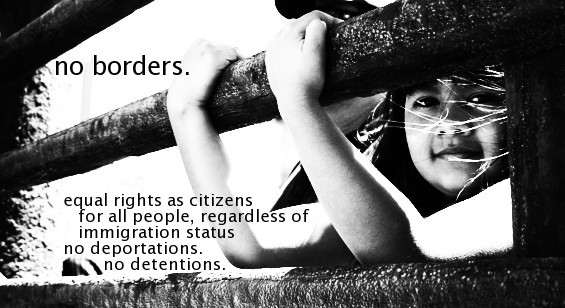Lebanon on the Brink by Fawwaz Traboulsi and Assaf Kfoury January 18, 2007
[Introduction by Assaf Kfoury: The little country is exposed more than ever to the political storms east of the Mediterranean. In the following article, historian and long-time political commentator Fawwaz Traboulsi explains that the dangers faced by Lebanon today are, in part, the result of its "confessional system". This system did not always exist and Lebanese were not ordained to live in it. Lebanese and other communities of the Levant existed for hundreds of years before this peculiarly factious power-sharing formula based on religious denominations was first introduced in the second half of the 19th Century, partly dictated by the balance in the contest between a declining Ottoman empire and encroaching European colonial powers.
The latter sought out local partners (commercial agents, political allies, consular officers) among co-religionists or members of religious minorities, in exchange for special privileges and protection against Ottoman authorities. The arrangement was then adjusted and re-adjusted, but never abandoned, after every political upheaval ever since, always at the prodding if not behest of external actors. By tying the fate of the country to external interests, different for different confessional parties, the confessional system belies lofty proclamations by Lebanese politicians about "national independence" and voids that term of its meaning, as pointed out by Traboulsi.






